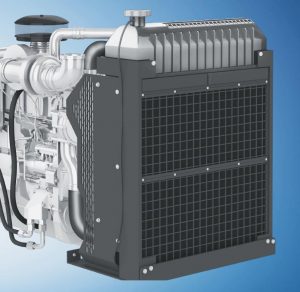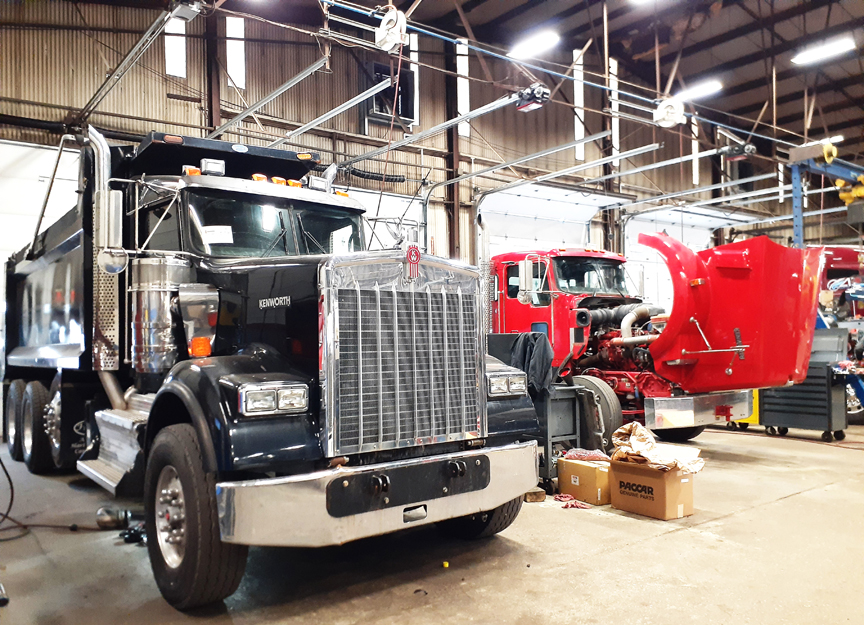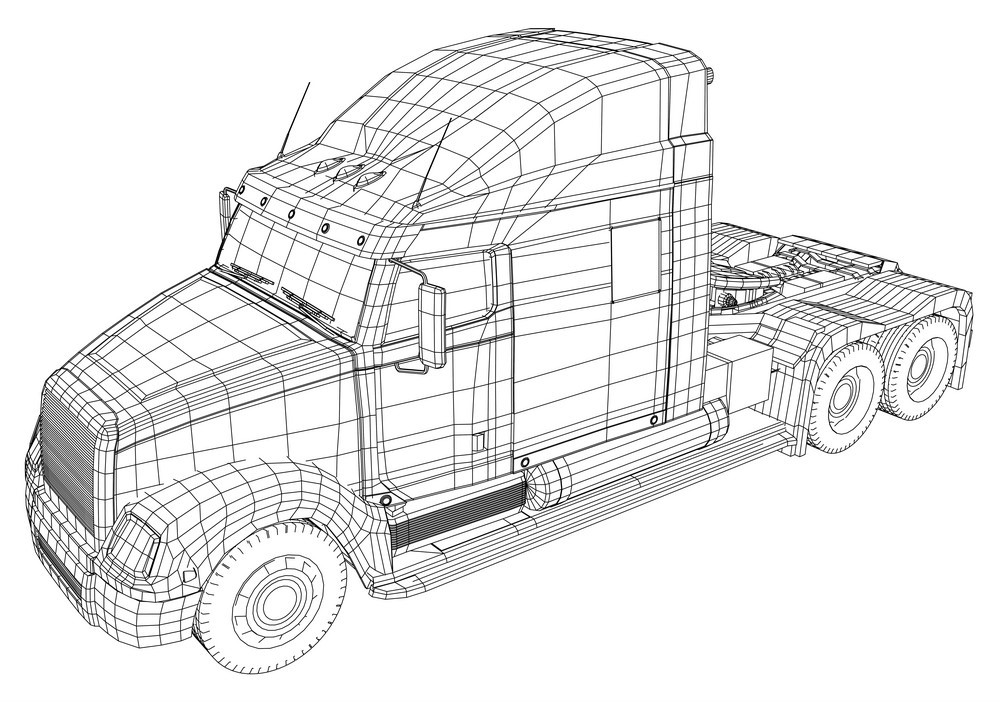Coopersburg & Liberty Kenworth Participates in Toys for Tots Drive

This holiday season, Coopersburg & Liberty Kenworth and TRP Pottstown proudly serve as designated drop-points for Toys for Tots donations!
U.S. Marine Corps Reserve Charity
The U.S. Marine Corps Reserve Toys for Tots Program is a non-profit public charity. Their mission is to collect new, unwrapped toys and distribute them to economically disadvantaged children at Christmas. According to the official website, “The primary goal of Marine Toys for Tots is, through the gift of a new toy, help bring the joy of Christmas and send a message of hope to America’s less fortunate children.”
In over 800 communities across the Unites States, Toys for Tots obtains and delivers toys by local coordinators. Collections include a combination of donations by local communities, the Foundation, and corporations.
Toys for Tots Foundation Objective
Their foundation objective states: “The objectives of the Foundation are to help less fortunate children throughout the United States experience the joy of Christmas; to play an active role in the development of one of our nation’s most valuable resources — our children; to unite all members of local communities in a common cause for three months a year during the annual toy collection and distribution campaign; and to contribute to improving communities in the future.”
Spreading Holiday Cheer
At Coopersburg & Liberty Kenworth and TRP Pottstown, our focus is on spreading holiday joy. It’s the season for giving and making a positive difference! We will be accepting donations until Christmas at all of our locations. If you plan to visit us soon and can spare a donation, look for the donation boxes in any of our lobbies.
We appreciate your support. More importantly, the children who will receive these gifts appreciate it!
To learn more about Toys for Tots, visit their website: https://www.toysfortots.org/
Contact us or visit our other locations, here: Coopersburg Kenworth, Liberty Kenworth of Swedesboro, TRP Pottstown, and Liberty Kenworth of Bristol.
Get the Latest Trucking News, Tips & More
"*" indicates required fields




